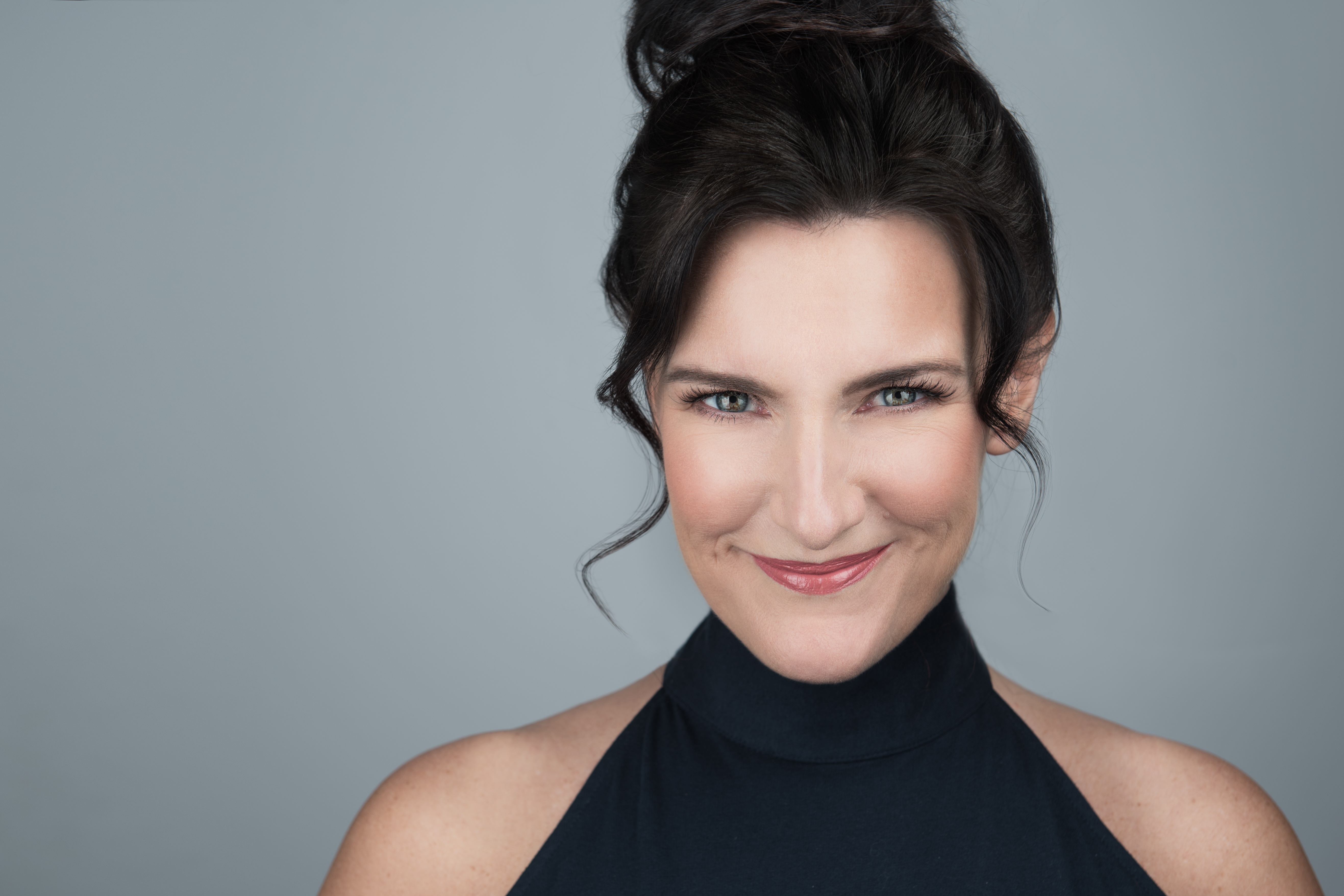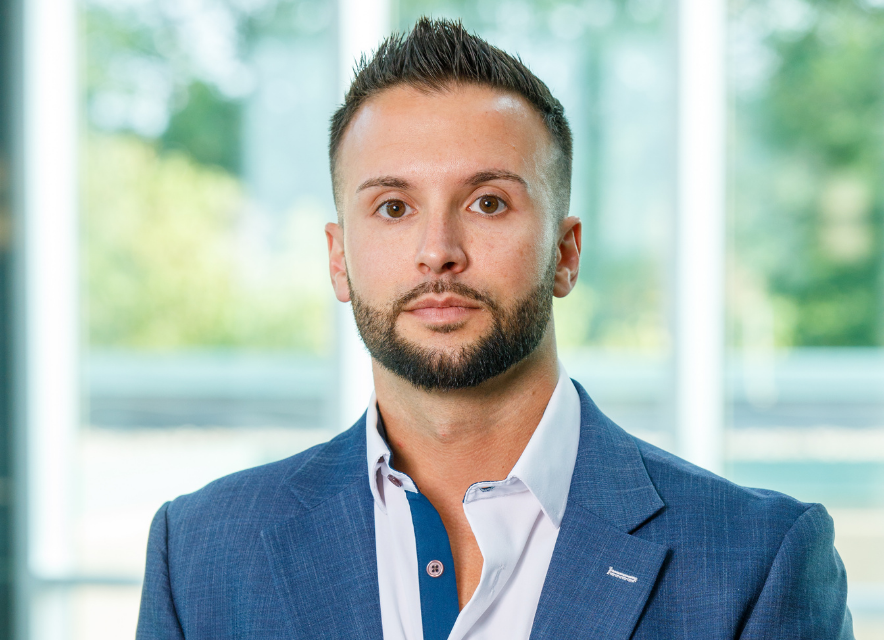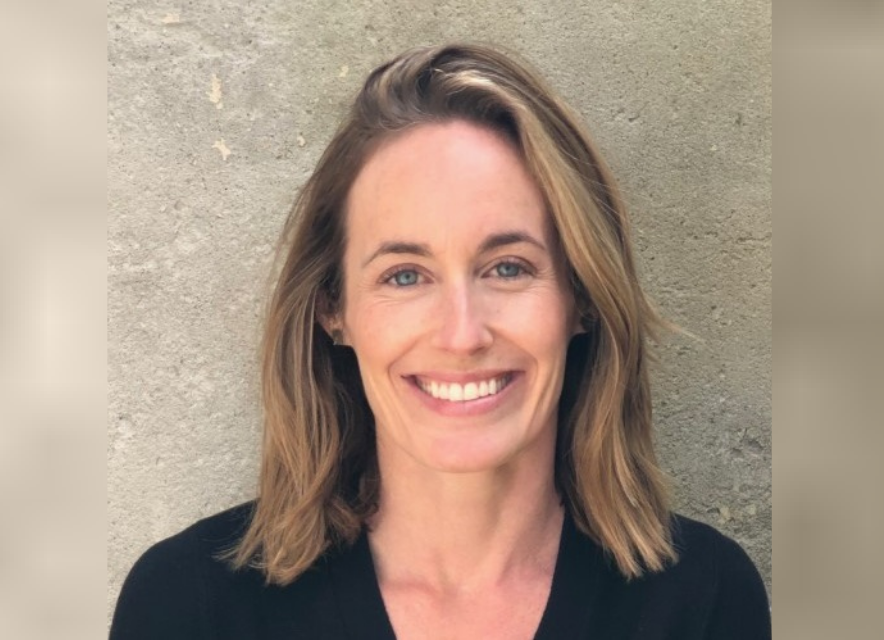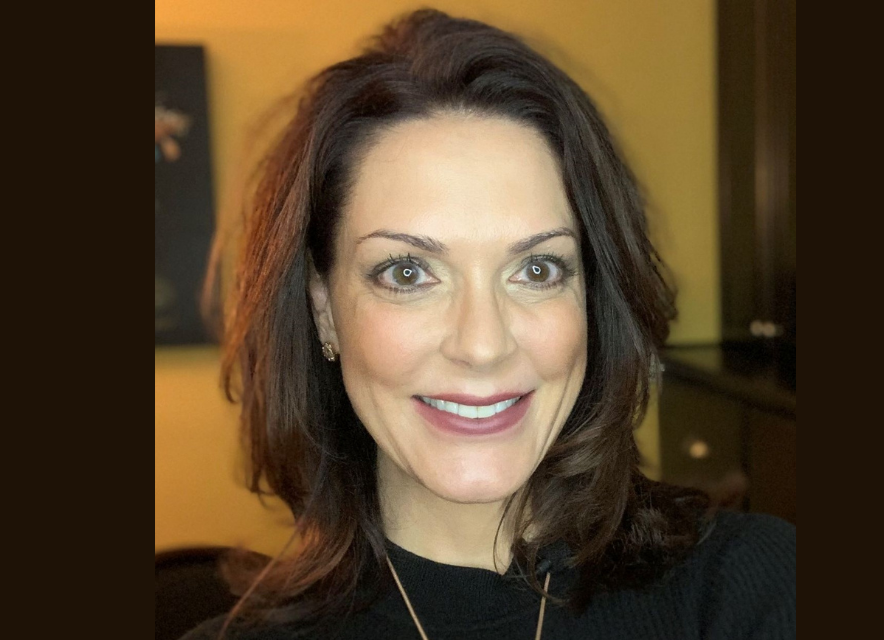Podcast: Play in new window | Download
Subscribe: RSS
Kristina Paider is a world-class business strategist and screenwriter. She helps companies connect with their customers by applying Hollywood storytelling techniques to their marketing and communications. Her company, The Hollywood Approach, is a platform that leverages the art and neuroscience of story to help people accelerate results in their business and life.
Takeaway Quote:
“We have to get more artful and I would argue even more scientific with the storytelling.”
Show Timeline:
2:30 Kristina takes us back to the start of her career
5:50 How Kristina’s relates her screenwriting expertise to working with advisors
7:40 How to make a story effective
11:54 The importance of personalizing a story and making it relatable, and therefore, memorable
17:20 Story-telling from a business point of view
21:30 Types of stories advisors can benefit from telling
27:05 Steps involved in creating a story
35:30 How advisors can refine their story-telling
Links:
Website: https://kristinapaider.com/
Facebook: https://www.facebook.com/kristina.paider
Twitter: https://twitter.com/kristinapaider?lang=en
LinkedIn: https://www.linkedin.com/in/kristina-paider/
Want more?
Stephen Wershing: www.TheClientDrivenPractice.com/checklistblog
Julie Littlechild: www.absoluteengagement.com/blog
Episode Transcript:
Steve Wershing:
Steve sat in his studio puzzling over how to put together the next podcast episode he needed to produce. Over dozens of prior episodes guests had referred to this secret of story as being so integral to the success of the advisors they worked with, but who could help unlock the secrets and principles of this whole idea of story? He searches through trade journals, goes through practice management blogs, even asks other podcasters, unable to find the right person who could unlock all these secrets he turns of the light and goes home.
Fast forward several months and he finds himself at a conference in Philadelphia surveying the hors d’oeuvres at the first day reception. He meets Kristina Paider, “What do you do?” “I’m a Hollywood script writer.” “Well what are you doing here.” KP captivates Steve with stories of her work on comedies, crime thrillers and spy stories, “And now. What are you doing now?” “Well I take all those same disciplines and principles.” Says KP, “And teach corporate communicators how to tell more effective stories. My company, The Hollywood Approach, leverages the art and neuroscience of story to accelerate results.” This was it. This was the guest Steve was looking for. Together with cohost Julie KP leads them through a fascinating episode filled with scenes from advisors careers, uncovering clients real goals, meeting unique characters who can take the language of math and create colorful life pallets. Even showing them the secret shame and embarrassment some clients have that prevent advisor from really getting to the root of the problem and giving them the advice that’ll change their lives. In the end KP has shown our hosts all the secrets of story, and the influence that story has had over their lives and careers, often in ways they’d never realized before.
But this is just where our story begins. Kristina Paider, KP welcome to the Becoming Referable podcast.
Kristina Paider:
Thank you so much, delighted to be here.
Steve Wershing:
So you are not in the financial advice business, but you are an expert at something that has come up on the podcast a lot of times and that we want to talk with you about, but before we get to that, can you tell us a little bit about your story? Can you tell us where you are now and how you got there?
Kristina Paider:
Sure I will first just say this is not a chronological answer, this is not a chronology, but I will start with my fifth grade teacher, Mr.Nadal
Julie Littlechild:
I’m glad this isn’t chronological, thank you for letting us know that
Kristina Paider:
Right? No this is a short demonstrative story. So Mr. Nadal had a mustache somewhere between Pancho Villa and Burt Reynolds. Keep in mind this was the 70s, so he wore bow ties and plaid short sleeved shirts and he said things like, “Technically speaking.” And, “As a matter of fact.” And other upper crusty sounding things, in my humble suburb of Green Bay, Wisconsin school. So one day Mr. Nadal gave us an English assignment. Again this is fifth grade. So he says, “Write a story. And if you write three pages you’ll get a C, if you write four pages I’ll give you a B, and if you write five pages I’ll give you an A.” So a few days go by we all, the whole class hands in their assignments and then a while goes by and he’s handing them back to us. And all of a sudden I get a little nervous, because I had rolled up with a 17 page play that was a Saturday Night Live-esque parody starring him, with a not so disguised alternate name or wardrobe or things like that. So all of a sudden I realize, “Oh you know what?” As everyone has their assignments back except from me, I’m thinking, “Oh shoot, maybe that was not such a great idea.”But so, I will ask you, so we’re going into the interview a little bit cold and I will just say can you guess what grade he gave me?
Julie Littlechild:
Well
Steve Wershing:
What kind of sense of humor did he have?
Julie Littlechild:
Gosh, yeah this could go either way couldn’t it?
Kristina Paider:
It sure could. I didn’t really think, based on the over usage of the phrase technically speaking, it didn’t seem like there was much of a sense of humor there, but he slapped the play on my desk and I got an A++. So that is the start of my story and I never really looked back from I was in journalism for a while, I worked at the local TV station there, the NBC station, moved into print in Arizona, then I moved over to what is known as the dark side of journalism, PR, marketing, and then I was recruited by someone who knew more than I did to write movies when I was 27. So many, many years ago. More than I’d like to count. That’s kind of it in a nutshell. You can say that storytelling was always a passion.
Steve Wershing:
And so tell us what application all of that could have to a financial advisor.
Kristina Paider:
Sure, well everyone is a storyteller. Right? Every person is conveying information with what they say and do and how they say and do it. Whether they’re consciously making those choices or not. So given that the average TV consumption around the world is 35 hours a week, and that’s not just in the US, but also the UK, Ireland, Italy, Australia, really around the world, given that most people, meaning most of all of our customers, whoever your customers are have a masters in story. Whether you think about it that way or not, and that masters in story has been largely shaped by Hollywood. So if your customers have an affinity for mastery level storytelling and you’re trying to win their business with high school English or even college English marketing or journalism it’s not going to cut it. We have to get more artful and I would argue even more scientific with the storytelling.
So it affects business by the attention you capture and how memorable you are with your storytelling.







Leave A Comment